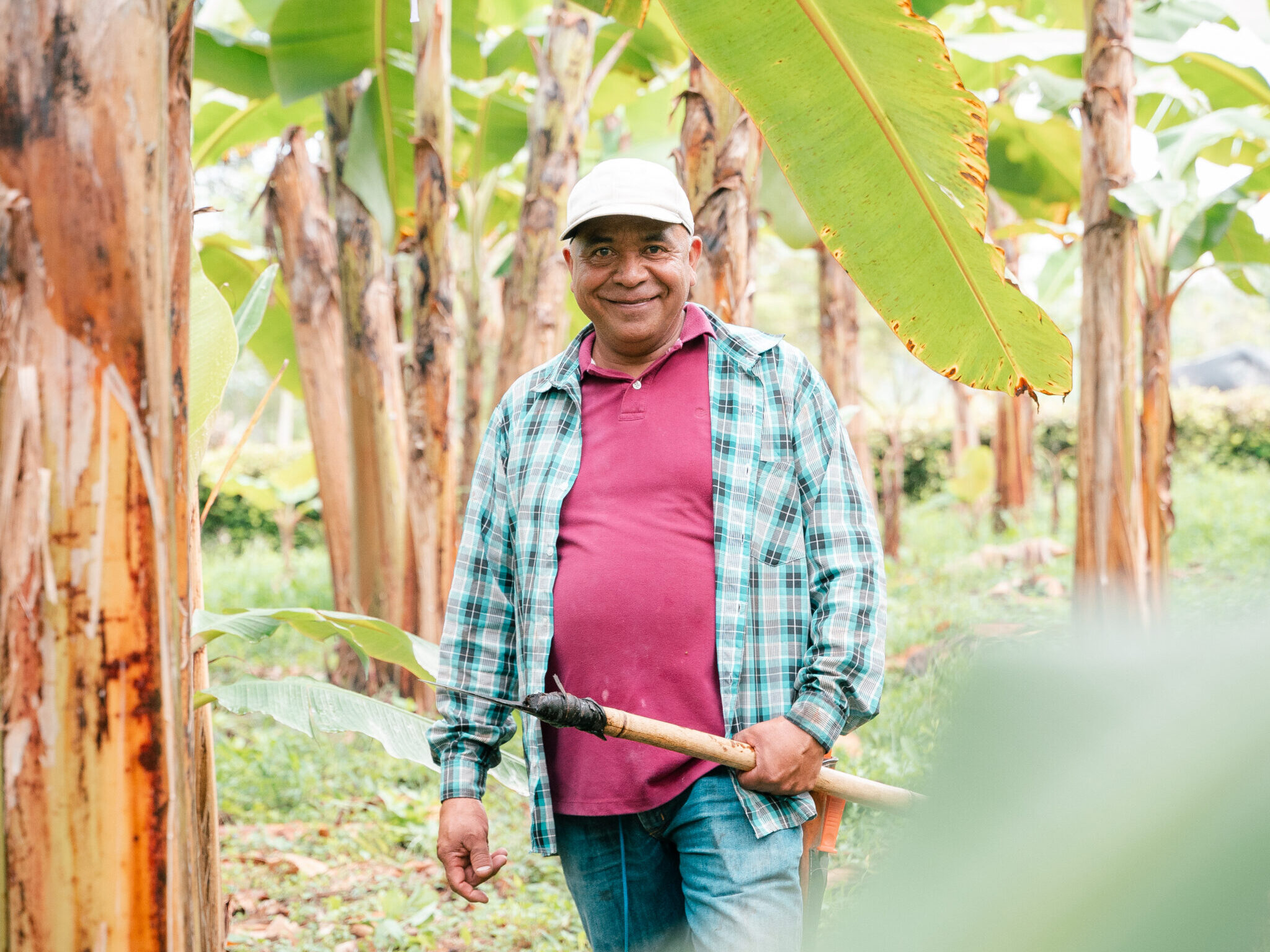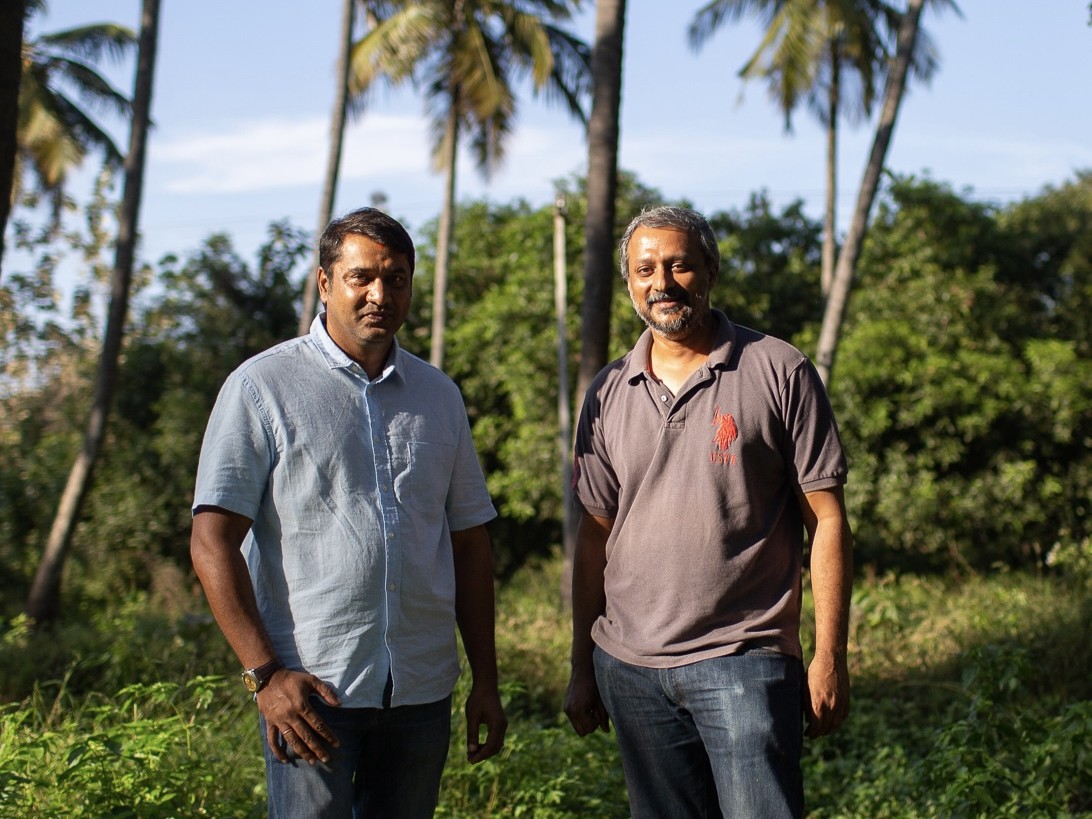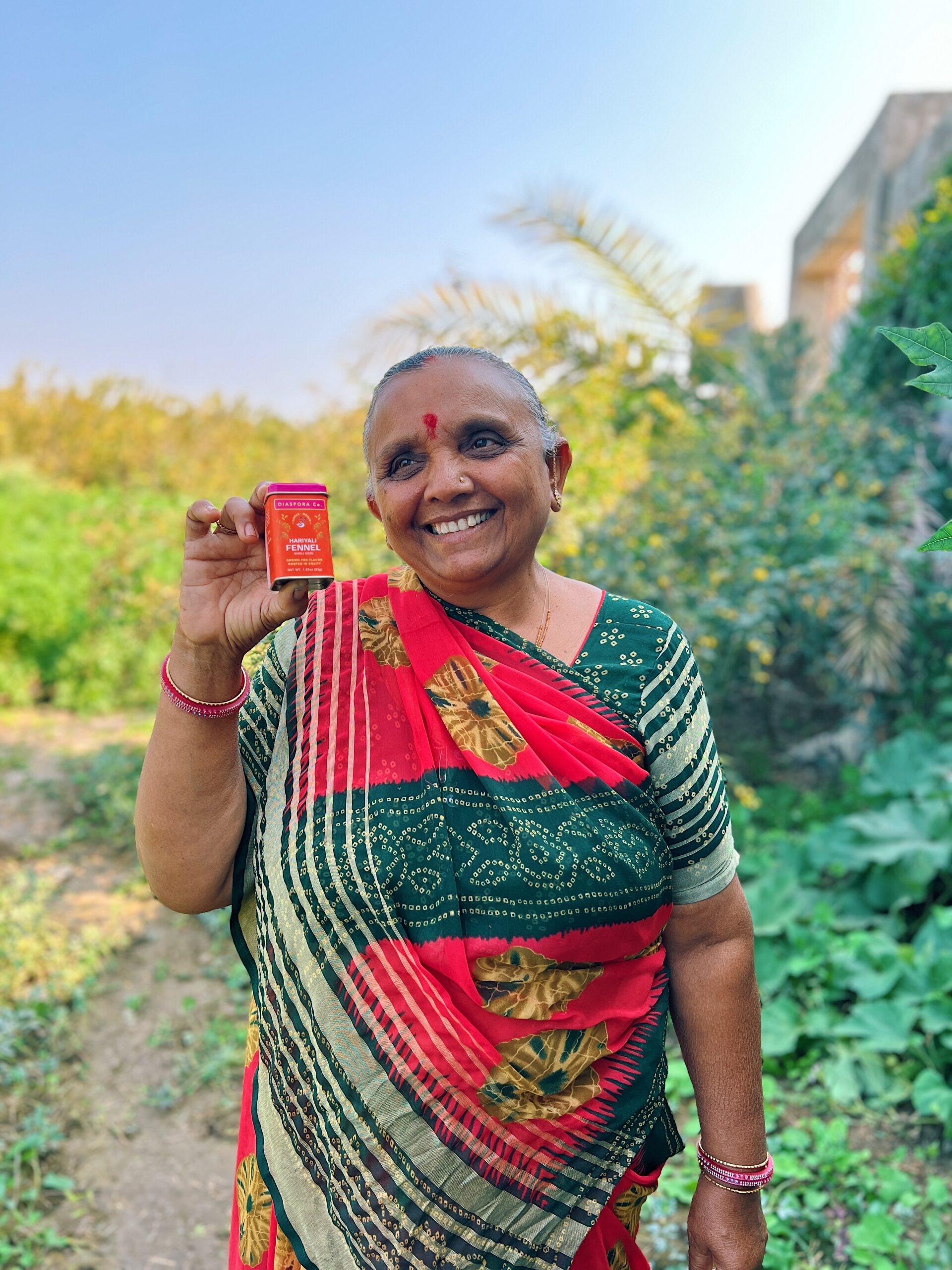Kim Coburn is closely familiar with the coffee world. Now with Equal Exchange, she has previously worked as a fundraiser for the financier, Root Capital, where she managed relationships with investors and donors and led trips to coffee origins. Before that, Coburn managed relationships with donors to support improving the livelihoods of smallholder farmers on behalf of Fair Trade USA.
At Equal Exchange, we are committed to building a more equitable, democratic, and sustainable world through the aggregation and distribution of Fair Trade organic coffee, chocolate, and other products. We are a worker-owned cooperative that recognizes the interconnected nature of our position and the role we can play in ensuring that our farmer cooperative partners are treated with respect and fair prices and thrive in supporting their local economies.
The way in which we work with our community of cooperative farmers is multifaceted, going beyond just a purchase order for their products. We take a more holistic approach, exploring ways to support rural livelihoods and nurture agricultural lands.
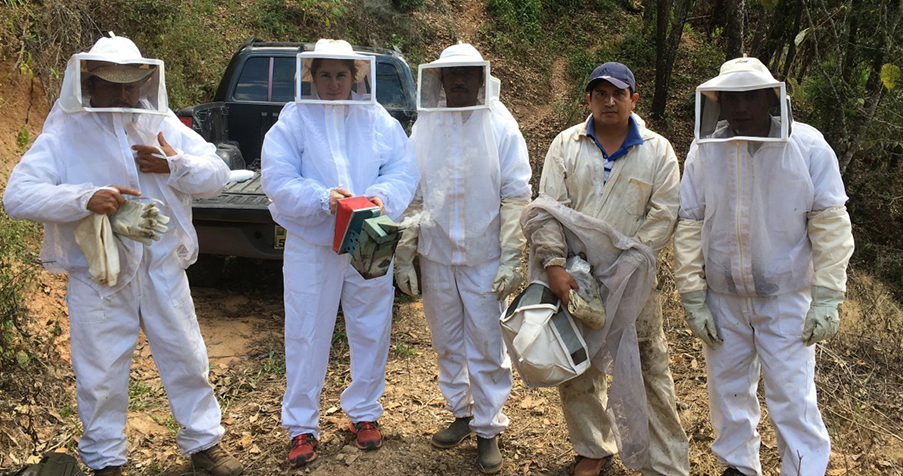
In 2016, we began working with RSF Social Finance on a new initiative, the Fair Trade Capital Collaborative, to address one of the largest challenges within the coffee supply chain: la roya or coffee leaf rust. La roya is a fungus, the spread of which has been accelerated by climate change, and it has swept through Central and South America, decimating harvests. The Collaborative supports four of our coffee cooperatives, by offering a combination of loans and technical assistance grants. The combination of different forms of capital is really exciting. So often, loans are given in isolation of technical assistance; however, we know that when they go hand-in-hand, the outcome is much more successful. The loans helped with renovation projects and the grants provided the training and guidance needed to support more regenerative agricultural practices.
Early last year, we once again connected with RSF about the options available for our corporate giving. We decided to open a Donor Advised Fund (DAF) as a way of streamlining our granting activities and to open up opportunities for more collaborative giving with RSF. Most of the DAF money comes from our annual proceeds, but also from our community. We are often asked by customers if they may donate money to us, but we have turned them down in the past, because of our for-profit status. With the DAF, we now welcome the contributions that help to support our broader mission.
Last year, we also began exploring a participatory approach to strategic planning with our coffee cooperatives. Last May, along with our implementing partner, Root Capital, we brought six cooperatives together in Chiapas, Mexico. Our aim was to find ways where Equal Exchange could provide small grants over a year to support their planning and development as a cooperative.
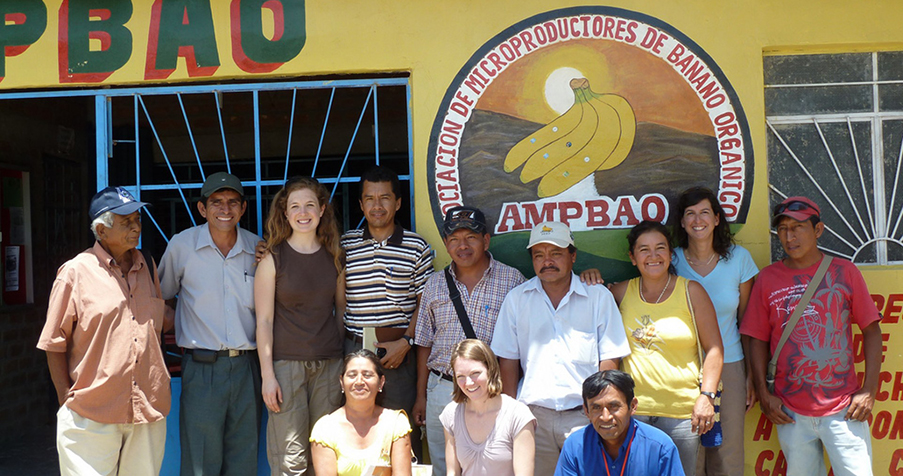
Each co-op worked over the course of two days to self-identify strengths and weaknesses, areas for growth, and resource needs. This approach enabled the cooperatives to first discuss their perspectives, and then engage in a meaningful discussion with the other cooperatives to present their learnings. It was powerful to witness. While the six co-ops in the room were at drastically different stages, many had asked the same questions, faced similar barriers, and had tried to implement similar initiatives. And yet, they had each come up with a different path forward.
Typically, a technical assistance provider completes diagnostics on a farmer’s cooperative, an assessment of different capacities, including production, organizational, and financial. Then, the co-op waits to hear the results and what funding might be available to support their needs. In bringing the cooperatives together and allowing them to complete self-diagnostics while getting real-time feedback from funders and peers, they were able to refine their plans and proposals for funding. While there is definitely a need for this kind of larger-scale technical assistance project, it was refreshing to see co-ops pitching us on their unique projects.
The combination of different forms of capital is really exciting. So often, loans are given in isolation of technical assistance; however, we know that when they go hand-in-hand, the outcome is much more successful.
In the past couple of years, the majority of technical assistance available for coffee producers has been focused on mitigating la roya — which, while critical, hasn’t addressed the needs beyond the health of their crops. The grants we were able to provide through our DAF at RSF helped not only address la roya, but also, other areas, including leadership development and engaging youth and women in farming and community-building work. To date, we’ve granted $146,000 to support various initiatives that advance the resilience and vitality of these cooperatives, and build the rural economies and communities around them. Along with the other ways we partner with RSF, the DAF has allowed us to channel funding to our supply chain in a customized and integrated way.
The DAF work will continue throughout 2018 and beyond, as we hope to keep innovating with our producer partners. In keeping with RSF and Equal Exchange’s shared vision for participatory approaches to allocating resources, it is imperative we work to support the cooperatives to realize the best path forward. We look forward to sharing exciting project updates with you as they emerge.
Kim is a Green Coffee Buyer at Equal Exchange.
